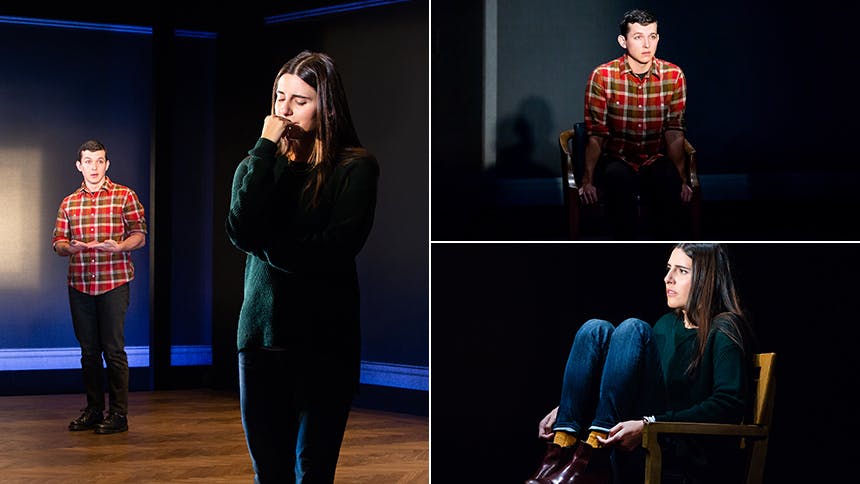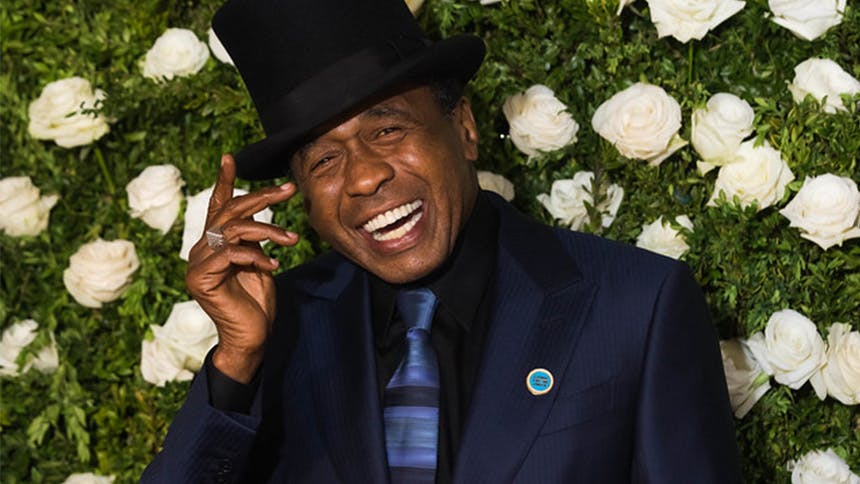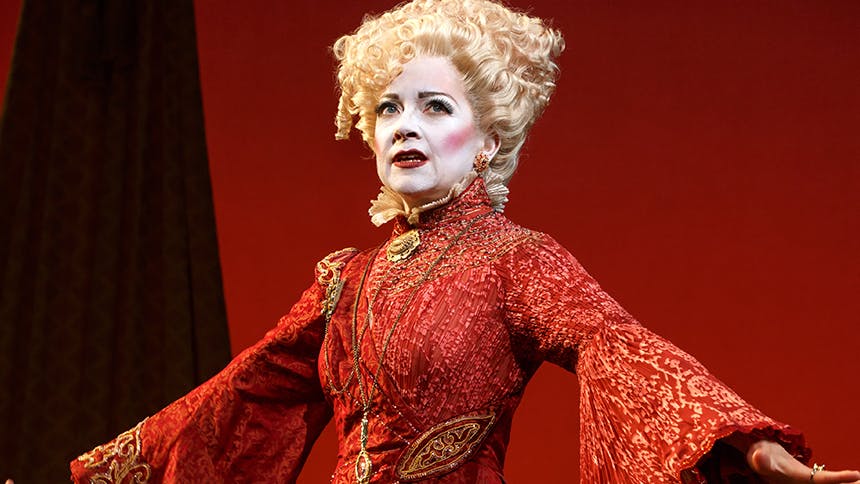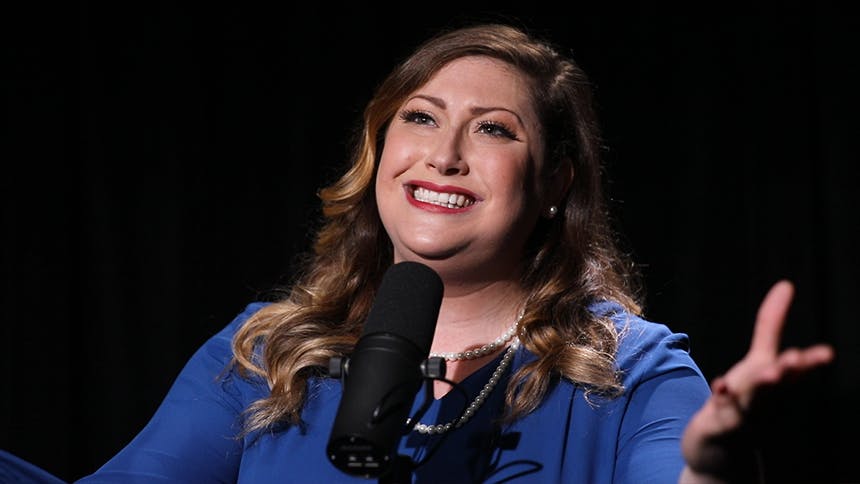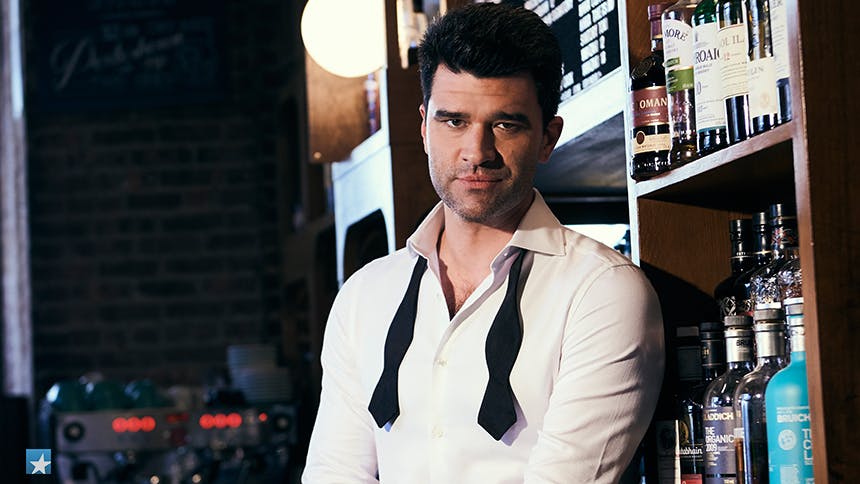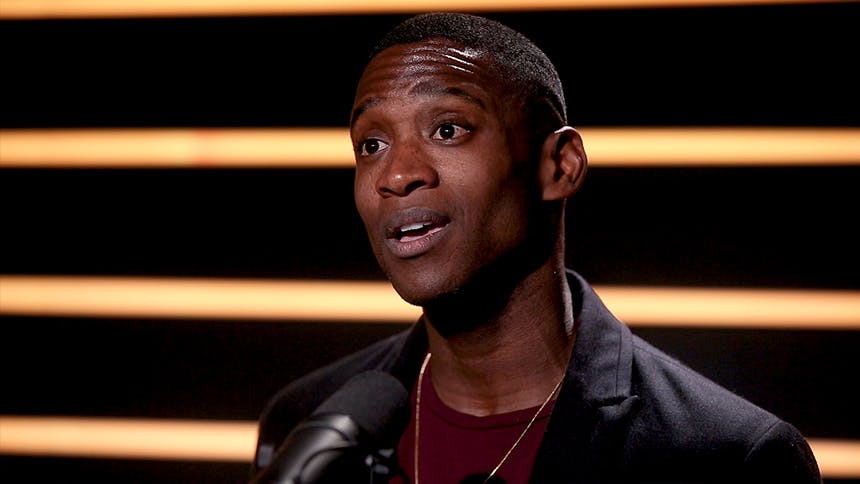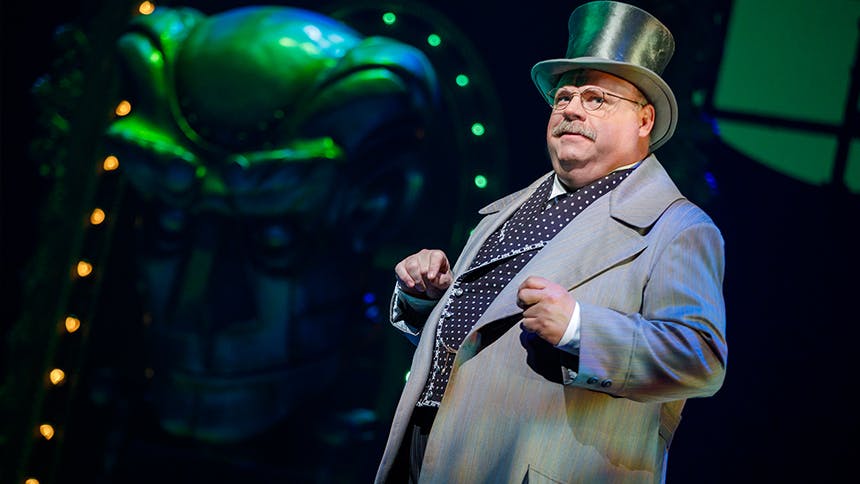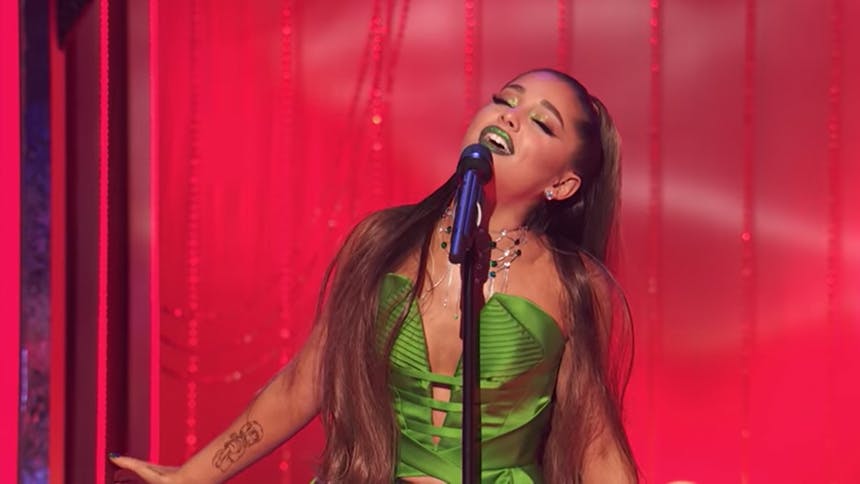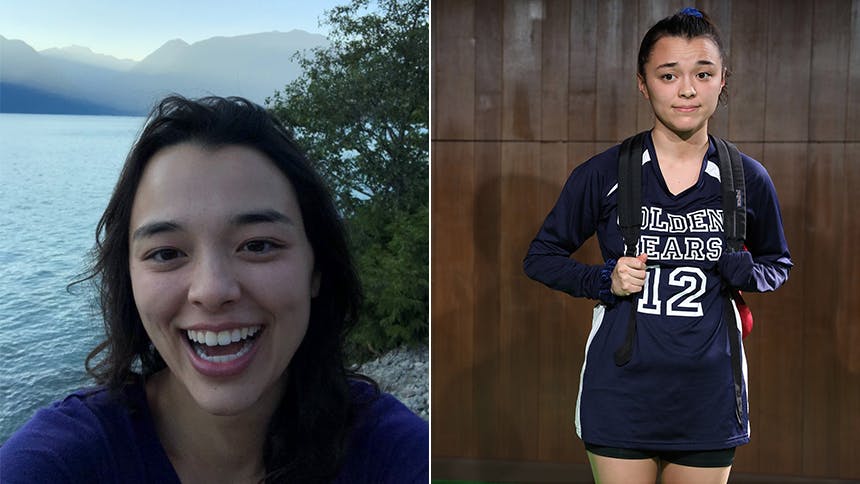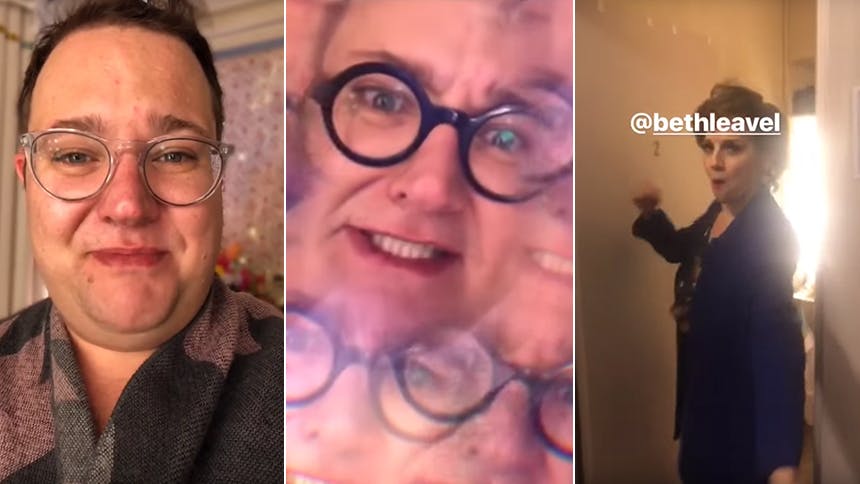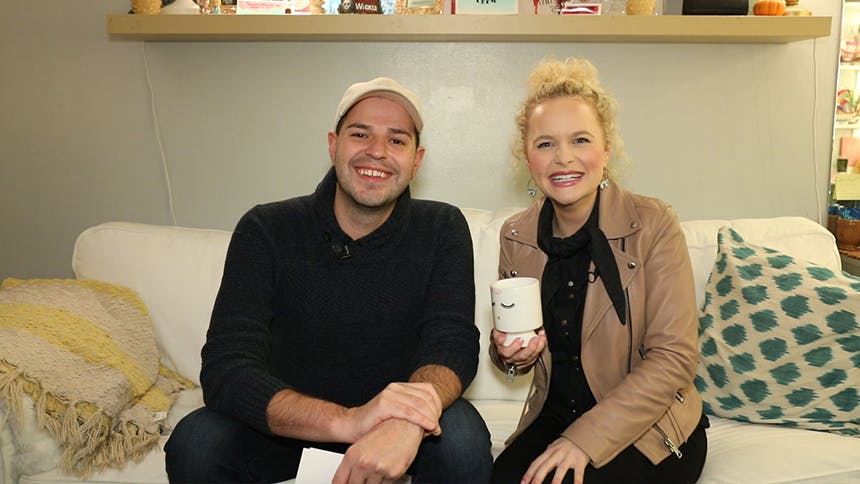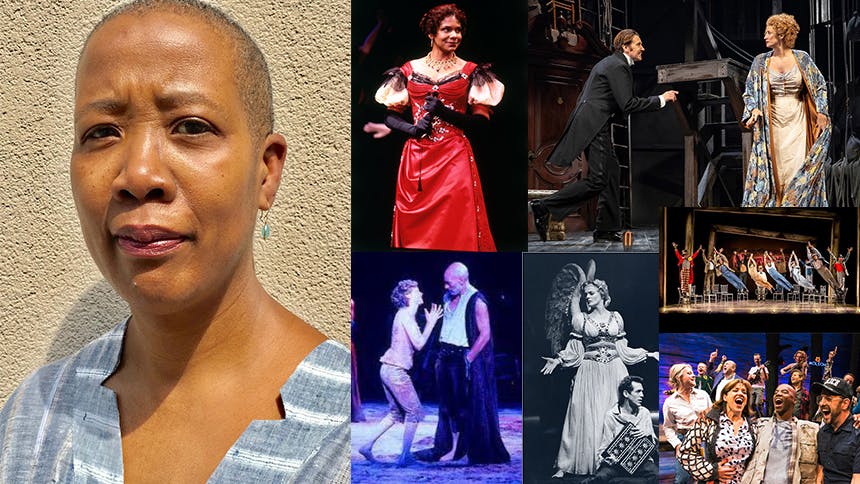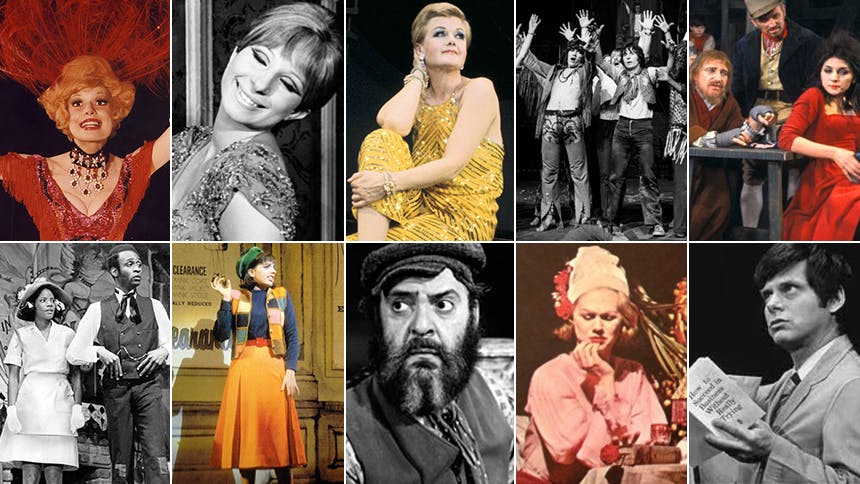Jax Jackson & Marianne Rendón star in LCT3 premiere of Miranda Rose Hall's important and moving two-hander Plot Points in our Sexual Development. The pair star as Theo & Cecily, a contemporary queer couple examining gender identity and intimacy.
Scroll on as the dynamic duo discuss starring in the powerful piece, audience reactions, and confronting gender norms and expectations.
What struck you most when you first read this piece?
Jax:
From the first cold-read, all the way until now, I don't think I have ever been able to say the words Miranda Rose Hall has written without welling up. It is such a deeply emotional journey—not just because of the deep love and care the characters have for each other, but because of the responsibility they know they have to themselves to live truthfully—despite all circumstances that would prevent them from doing so. It has been said that the personal is political, and I think both of them understand on some level that unpacking their sexual history carries more weight than just salvaging this relationship.
Marianne:
What struck me at first was how engaging it was—I couldn't stop reading. I was excited by the rhythm of Miranda's writing. I thought it was honest, bold, and rock & roll. So much of it made me laugh, by the end I was crying. It resonated with me deeply.
What was an important aspect to you when building this relationship between your characters?
Jax:
Margot Bordelon directed rehearsals knowing that her concept left the actors with nowhere to hide, so she crafted a rehearsal space that welcomed opening, unfolding, and focusing with deep listening and intention. This care translated to daily meditation sessions, individual story-sharing, and moment-by-moment excavations of the text that went beyond script analysis sessions, but went deeply into the realm of the personal. Being able to share that deeply off-stage led to strong emotional availability on-stage. Marianne Rendon is also a phenomenally caring, deeply grounded and truthful person, and because of this I was able to open and share of myself as well. We were able to find a friendship, connection, and trust in each other that made quick work of carving out a foundation for this relationship.
Marianne:
Jax & I had to get incredibly specific about the details of Theo & Cecily's relationship. We asked lots of questions together. We mused on our own experiences (some of which make it into the play a bit—I'll let you guess which ones those were :) )
What do you love about telling this story?
Jax:
I love being able to model a way of relating to each other that allows us to more fully comprehend each other. Theo and Cecily strive to understand where each other comes from, and while they don't always hear or say exactly what each of them means, they try. They try so very, very hard because that's what love can be. It usually isn't some magical romance where everything mystically falls in line and perfect chemistry is automatic. Love and sex and intimacy take effort—especially in a world that profits from hate, shame, and isolation.
Marianne:
I am honored to tell this queer love story. I love falling in love with Theo every night. I love that there is a chance that we might move at least one person in the audience who hasn't been able to recognize themselves, and their experiences, on stage or screen before.
What’s the hardest part about telling this story?
Jax:
I have several times heard at the stage door, "I couldn't tell if your character was a boy or a girl!" in reference to the show. This breaks my heart because this delicate story of falling apart and coming together was completely lost on a few people because of their hang-ups about what's in my pants. It stings, and I have considered using it as a teachable moment—by that point, I've already done so much work to try and be understood on stage, and I'm too exhausted to educate off stage. I just smile and let it go, and trust that this play can be that audience member's first step towards understanding and empathizing with non-binary people, if they're willing to let it be. And I hope beyond all hope that they are willing, because I believe in the power of theatre to create lasting change.
Marianne:
I've never done a two-hander before, and it is a big responsibility. It is teaching me so much about presence, listening, and practice with focus in ways I've never been quite as disciplined about before.
What line or moment do you find yourself thinking about most outside the theatre?
Jax:
"I'm tired of feeling like I can't be honest about what I want," is a line that I think of a lot. In the play, it refers to Theo's longstanding habit of silencing their desire to comply with gendered expectations. They struggle to name their desire when it appears to align with a version of toxic masculinity they seek to dismantle. But I think there are people from many walks of life who can identify with this line. It isn't an inherently trans circumstance to feel ashamed of our desires or identities—that's a fairly universal struggle.
Marianne:
I used to think obsessively about the last moment of the play because it resonated so much with my own life. But now I am engaging more imaginatively about the moments before the play begins. There are so many good lines in this play!
Have you had any especially memorable audience interactions after the show?
Jax:
I'm always encouraged when trans queer people approach me after the show and express appreciation for how deeply the play held their own truths. A big bonus to that is when femme people who have been in relationships with masculine people express that they appreciated a conversation where a masculine person models listening to their femme partner's needs, and confronts and challenges their masculinity. Transmasculine people are not magically exempt from the pitfalls of toxic masculinity that patriarchy offers, and being able to present a character who honestly listens to the concerns of their femme partner, I have heard, can be powerfully healing. I have also spoken with some cis men about this show who strongly saw themselves in this struggle with their own masculinity in the world. Trans people often can't avoid questioning our relationship to gender roles, simply by nature of fighting to survive a world that seeks to stifle our existence across from or outside of such roles. In that way, I think trans people are often equipped to be leaders, should we choose to be, in a conversation that others may join in about gender, expectation, toxicity, and societal norms. It has definitely made me look forward to the talkback series and Queer Singles events that LCT3 has programmed alongside our run.
Marianne:
What continues to surprise me is meeting older cis & straight audience members afterwards & hearing how they learned a lot. But also, hearing how it moved them and made them ask themselves about their own development, and their desire to love and be loved. I also met a lovely queer couple afterwards who came all the way from San Francisco to see this!
Don't miss Jax & Marianne in 'Plot Points in our Sexual Development' at LCT's Claire Tow Theater through November 18.
